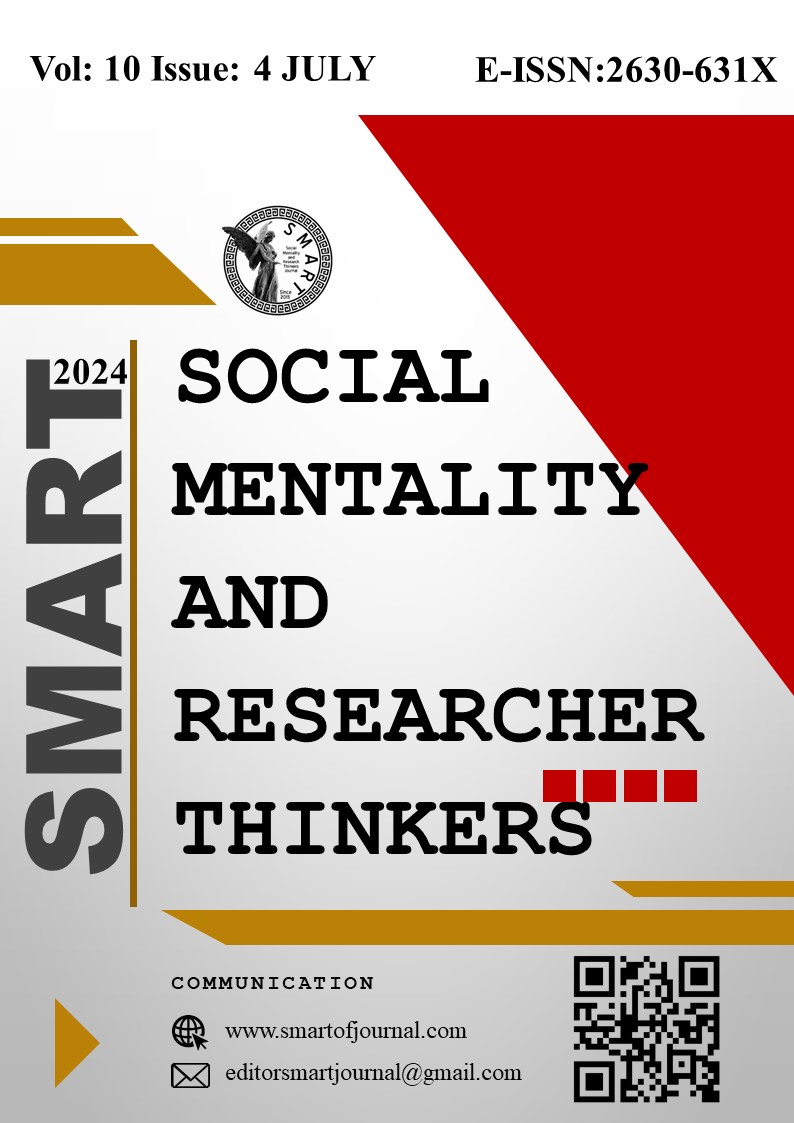Author :
Abstract
Çalışmanın amacı, tüketicilerin e-çapraz satın alma davranışını, algıladıkları fayda, fiyat avantajı, impulsif ve panik satın alma eğilimleri ve deneyim alanı açısından incelemektir. Bu inceleme, Covid-19 pandemisi öncesini yansıtan genel dönem ve pandemi süreci şeklinde bir ayrımda kurgulanan çeşitli modeller aracılığıyla gerçekleştirilmiştir. Çalışmada nicel araştırma tekniklerinden anket yöntemi kullanılmış, kolayda örnekleme yöntemiyle 417 katılımcıdan elde edilen veriler analiz edilmiştir. Pandemi öncesi dönemde sergilenen genel e-çapraz satın alma davranışını, algılanan fiyat avantajı ve impulsif satın almanın açıkladığı; pandemi döneminde ise bu değişkenlerle birlikte panik satın almanın da e-çapraz satın alma davranışı üzerinde etkili olduğu bulunmuştur. Deneyimin yer aldığı modellerde ise açıklayıcılık oldukça yükselmiş, ancak modellerin işleyiş mekanizması önemli ölçüde değişmiştir. Bulgular sonuç bölümünde uygulamacılar ve izleyen araştırmalar açısından tartışılarak açıklanmıştır.
Keywords
Abstract
|
The aim of the study is to examine e-cross-buying behavior of consumers in terms of their perceived benefit, perceived price advantage, impulsive and panic buying tendencies, and experience. This examination was conducted using various models structured to distinguish between the general period before the COVID-19 pandemic and during the pandemic. In the study, the survey method, a quantitative research technique, was employed, and data from 417 participants obtained through convenience sampling were analyzed. During the pre-pandemic period, perceived price advantage and impulsive buying explained general e-cross buying behavior, while during the pandemic, panic buying, along with these variables, also influenced the behavior. In the model that included experience, the explanatory power significantly increased; however, the functioning mechanism of the models changed considerably. The findings were discussed and explained in the conclusion section concerning practical implications and future research. |





